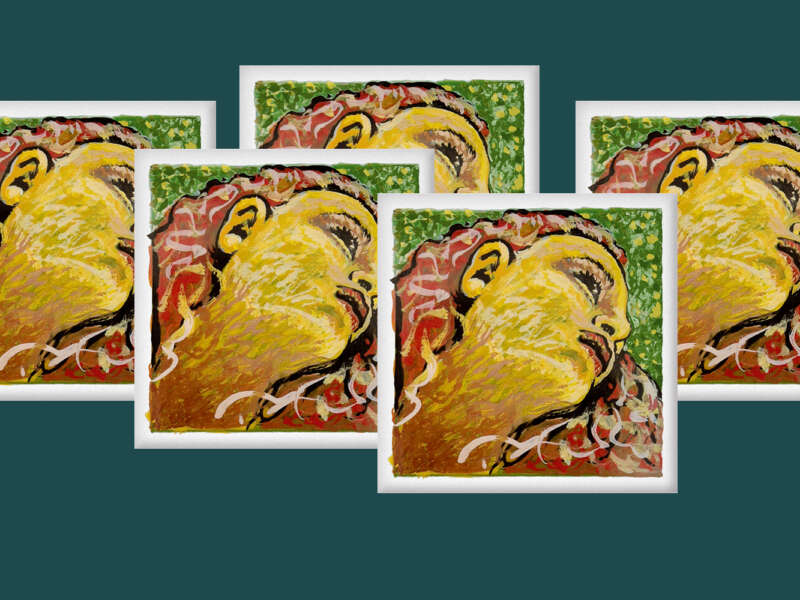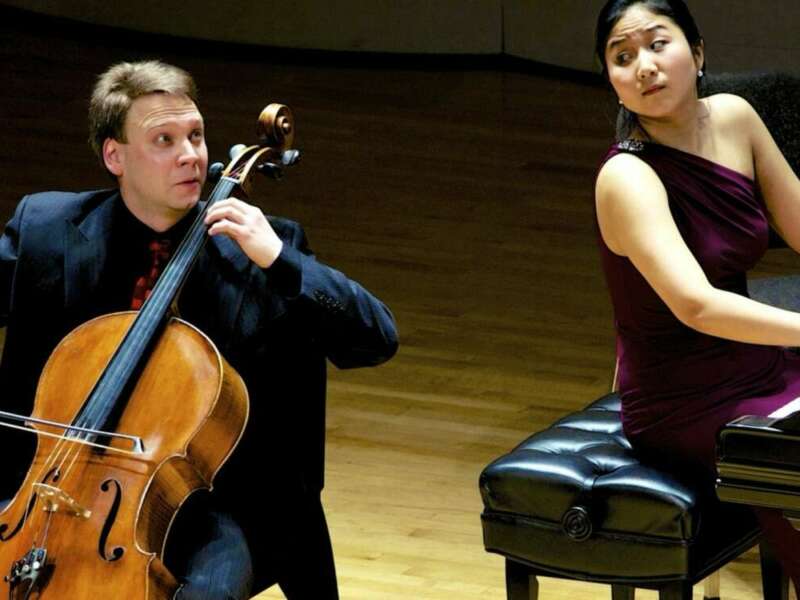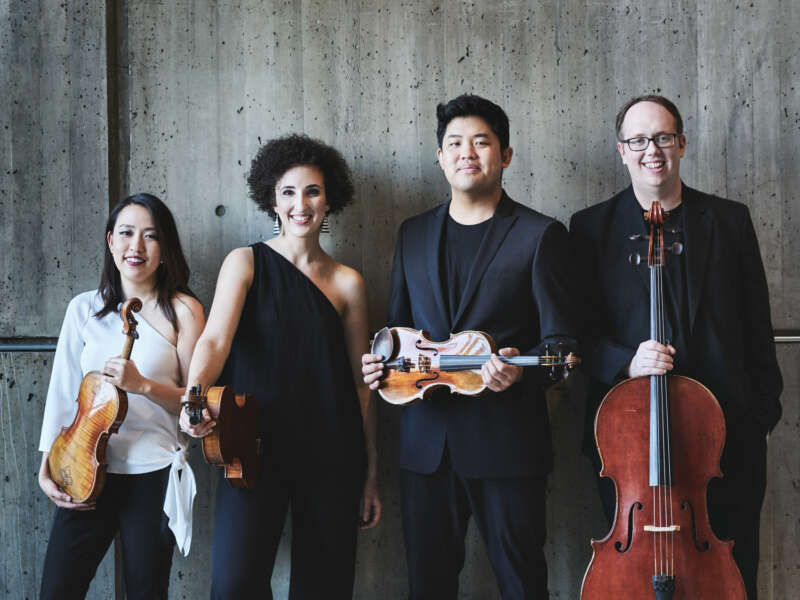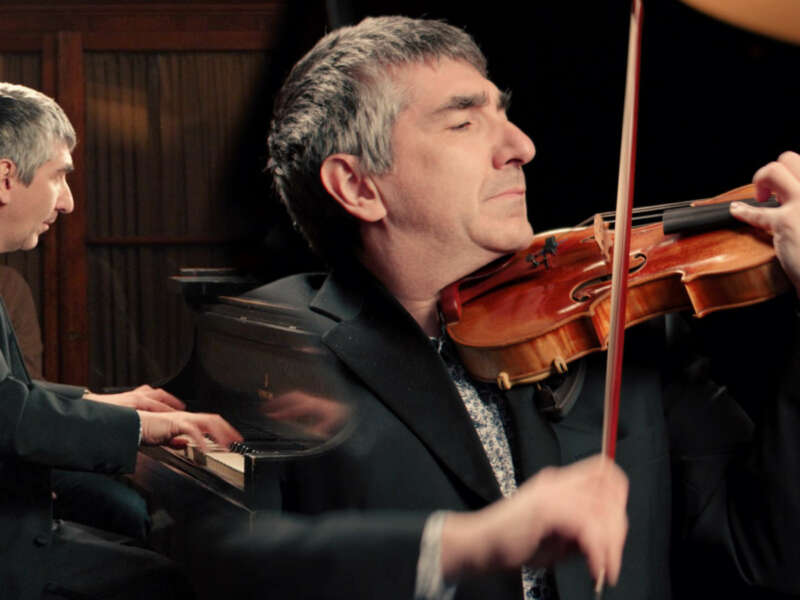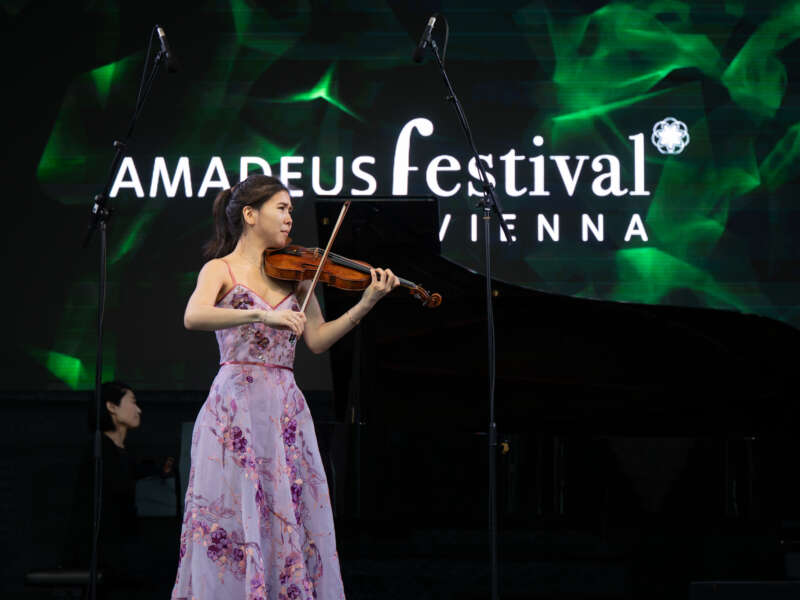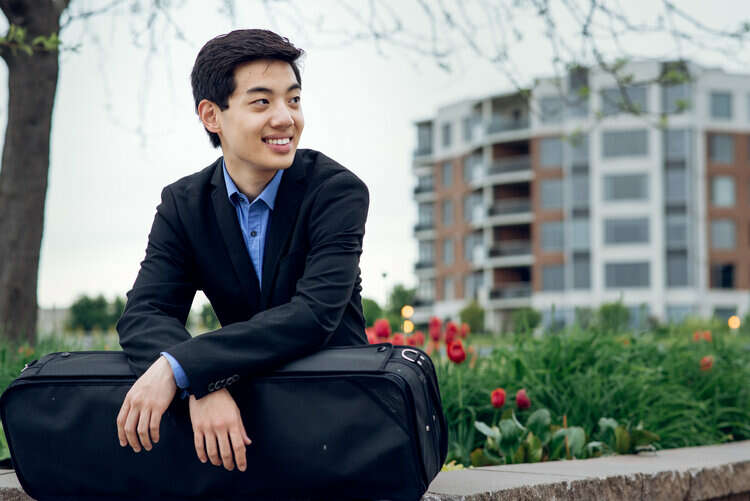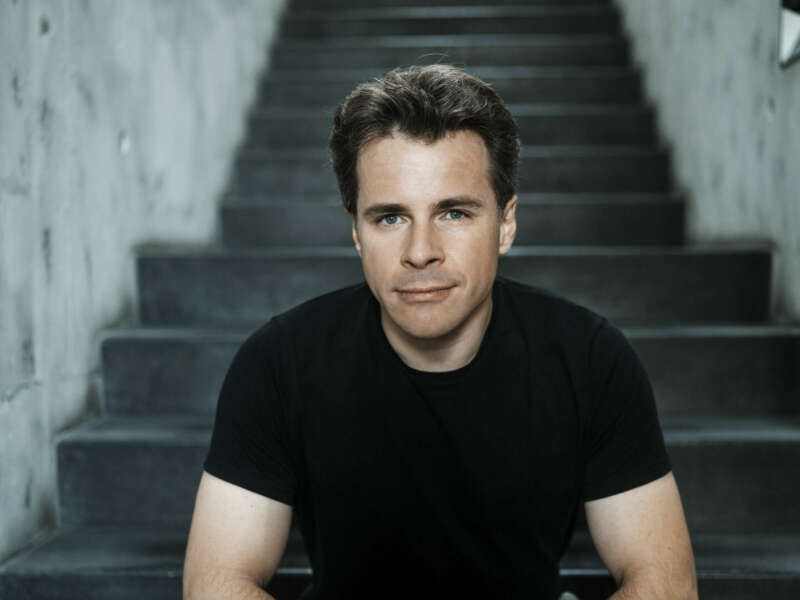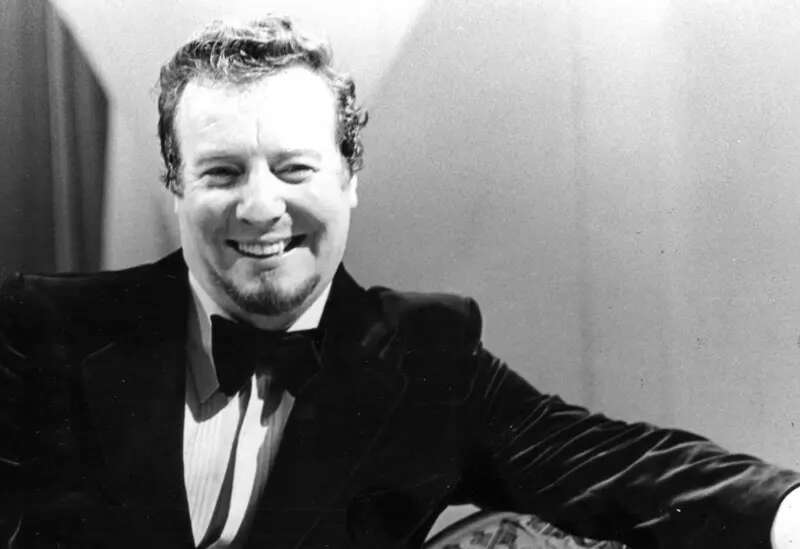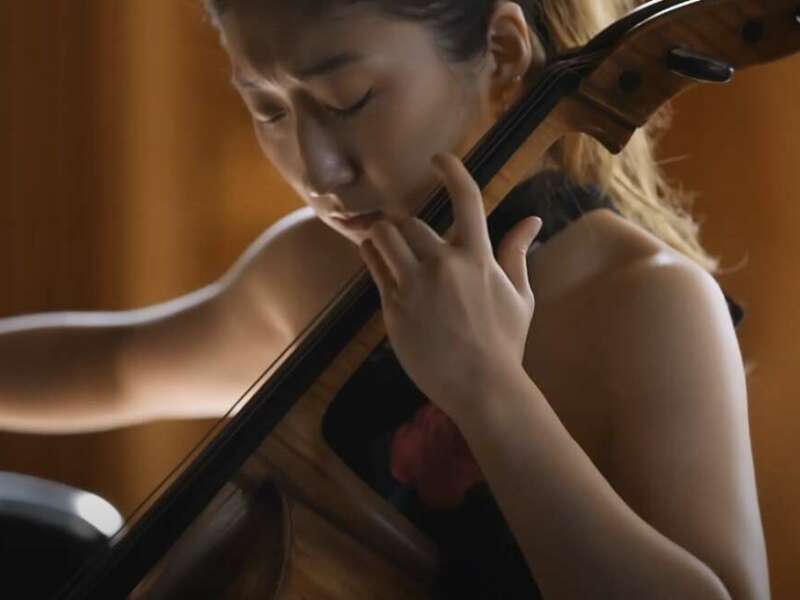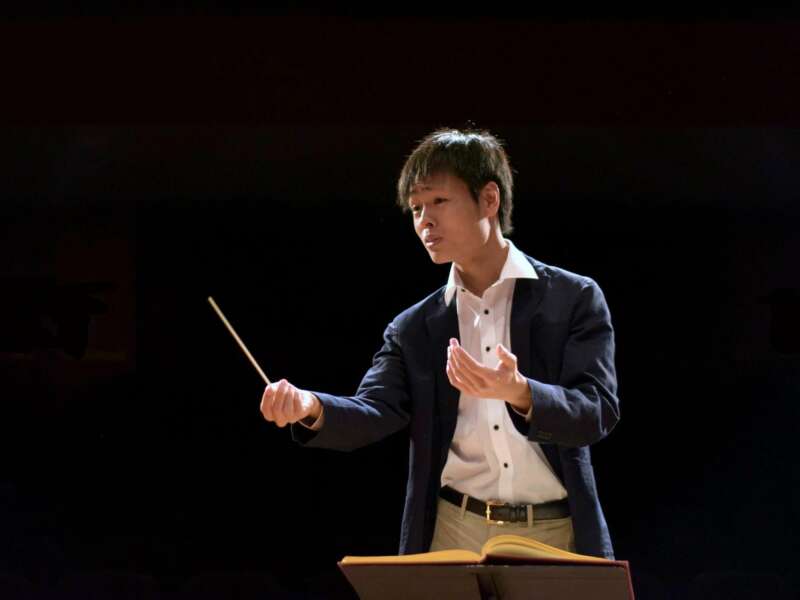Phillip Glass Piano Etudes: The Complete Folios 1-20 & Essays from 20 Fellow Artists
Published by Artisan Books, the new release features all of Phillip Glass' Piano Etudes plus a book of essays about them
Published by Artisan Books, a new deluxe box set is now available of Phillip Glass' Piano Etudes. Glass has written more than 30 operas, 14 symphonies, 13 concertos, and 35 film scores. But his most personal work is a series of 20 piano etudes, originally written — in his words — to “address the deficiencies in my own playing.”
These compositions for solo piano have been performed and recorded by dozens of artists and streamed over 100 million times. Now, for the first time, the etudes are presented in a deluxe boxed set that allows music lovers to consider them from a new range of perspectives.
The complete collection of Etudes 1-20 are newly engraved for this deluxe set and individually bound in an oversized, premium format ideal for both beginner and experienced pianists. The scores have been printed at 10” × 13,” to the scale of Philip’s original handwritten manuscripts, which are included on each folio cover. Each folio is sewn to lie flat on the piano, simplifying page-turning for the player. The musical notation was designed by editors Timo Andres, an American composer/pianist, and Cory Davis, editor of Philip’s music publishing company, Dunvagen Music.
A hardcover book accompanies the scores in the box set. "Studies in Time" is collection of 21 original pieces by leading creators Alice Waters, Angélique Kidjo, Ira Glass, Justin Peck, Laurie Anderson, Martin Scorsese, Nico Muhly, Pico Iyer, and many others. Taking the etudes as their prompt, the contributors offer the reader a look at the creative process — sharing musings on an artist’s personal practice, the relationship to a technical challenge over a lifetime, the act of listening, and, in some cases, their collaborations with the composer himself.
To purchase the deluxe box set, click here.
This project was conceived and edited by Linda Brumbach and Alisa Regas, founders of Pomegranate Arts and creative producers working across mediums of performance, visual art, and film.
The Violin Channel had the chance to talk with contributor Nico Muhly about his personal experience working with Glass and how they've inspired his own writing.
"Philip’s operation is very analog. His studio in his house — occupying the back of the ground floor — is a breezy, large space dominated by a piano and a huge shelf of scores," Muhly explained. "There is a romance to it but not in an excessively bohemian way. His commitment to the same paper, the same pencil, the same little metronome, the same ruler is deeply moving; aside from an occasional computer update, the space never seems to change. There is a hand-made sense to everything, from the thangkas on the wall to the piles of manuscripts."
"I think that you can find traces of Philip’s music in my music and in the music of many of my friends and colleagues," he continued. "Personally, though, having worked for him for so long, I’ve always admired and tried to emulate his musical citizenship. He employs his friends, he understands how to write music for his community as well as for a broader audience, and his work ethic is unparalleled."
From pianist Maki Namekawa, we learned what it was like recording all etudes, and the effect they've had on her career.
"Philip asked me to join him for a world premiere performance of a complete set of 20 Piano Etudes that he was finishing at the time for the Perth Festival, and in early 2013 we met in Madrid where Philip and Dennis were preparing a premier production of his latest opera, “The Perfect American.” On the afternoon of the opening night, Philip, his wife Saori, and I met in a sun-bathed rehearsal room in the opera house where I played for him two or three of his just-finished etudes."
"I remember the Madrid sunlight, Philip patting my shoulder, and him saying "good, good, good.” He told me that #16 was influenced by the sounds of the street in Madrids. Later that same year, Philip called and asked if I would record the complete set for his company, Orange Mountain Music. I began the process of working carefully, note for note, phrase by phrase, consulting often with Philip and with Dennis, who had premiered the original first six etudes. When Michael Riesman, Philip’s long-time music director and recording engineer, agreed to run the recording sessions, I knew that this project would be an exciting, ground-breaking document."
As for how Glass influenced Namekawa, she said, "My family is both Shinto and Buddhist. The ideal is to refrain from inserting yourself into a given moment, to do what is truly needed, or to receive only what is in front of you, without loading on anything extra. Philip’s music is very similar."
"Whenever I catch a touch of ego in my performance, it invariably detracts from the beauty of the pieces," she said. "His music gives us a chance to look at our inner thoughts, at ourselves. That is why the repetitions can be so beautiful. In life, everything changes so quickly. His music gives us time to process. It’s a beautiful gift. During the COVID- 19 pandemic lockdown, I played his etudes every day. We were all facing a great uncertainty about the future. But while playing his etudes at home for myself, I felt grounded, I was safe. His music is positive and healthy, based on strong structures and strong thoughts. His music tells me always “I am enough.“
Phillip Glass was born in 1937 and grew up in Baltimore. He studied at the University of Chicago, the Juilliard School, and in Aspen with Darius Milhaud. Later, he moved to Europe, where he studied with the legendary pedagogue Nadia Boulanger (who also taught Aaron Copland, Virgil Thomson, and Quincy Jones) and worked closely with the sitar virtuoso and composer Ravi Shankar. He returned to New York in 1967 and formed the Philip Glass Ensemble – seven musicians playing keyboards and a variety of woodwinds, amplified and fed through a mixer. In 2016, President Barack Obama awarded him the U.S. National Medal of Arts, and in 2018, he was a Kennedy Center honoree.
july 2025
august 2025



